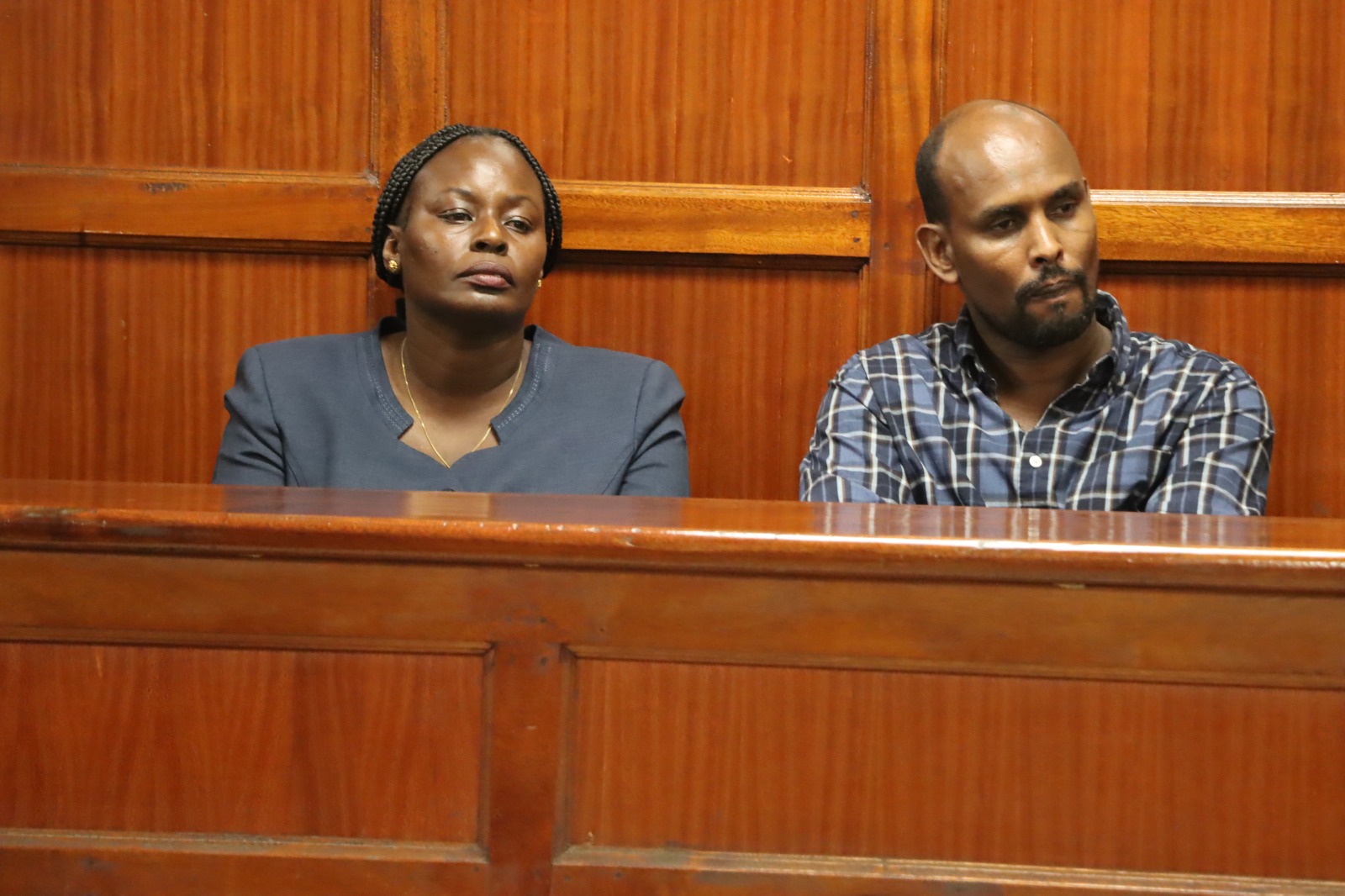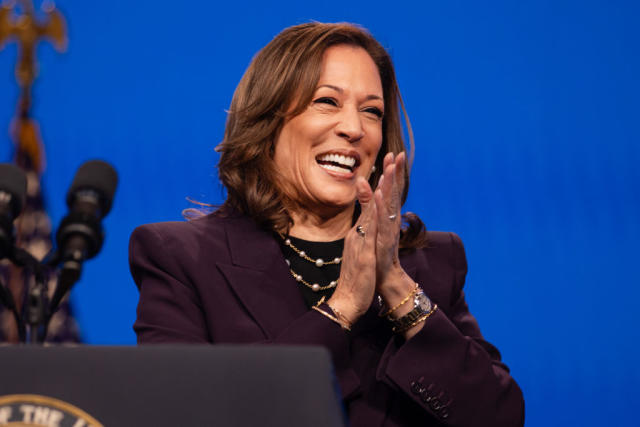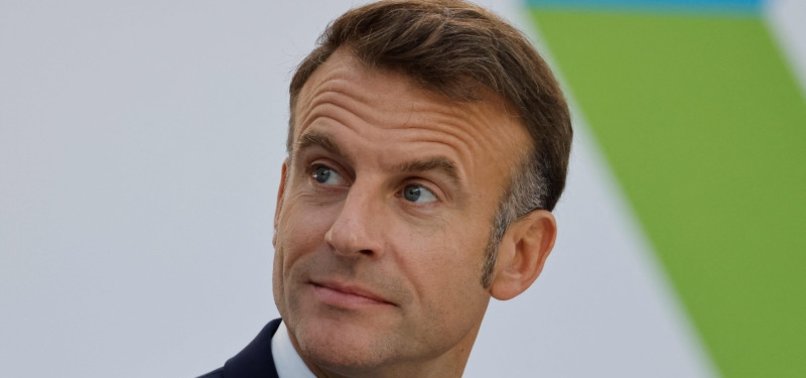While Kenya spent millions of shillings on shuttle diplomacy to promote Raila Odinga’s candidature, Arab nations are believed to have spent significantly more in securing support for Mahamoud, who maintained a steady lead from the third round before clinching the coveted seat. Unconfirmed reports suggest that Arab sheikhs, kings, and oligarchs funnelled as much as US$500 million in investments and cash to each African president willing to back Mahamoud
Former Prime Minister Raila Odinga’s loss in the race for African Union Commission (AUC) Chairperson to Djibouti’s Foreign Affairs Minister, Mahamoud Ali Youssouf, is being attributed to a discreet but powerful campaign backed by Arab oil money, both from within Africa and the Middle East.
Arab nations have been increasingly expanding their influence across the continent through substantial investments in agriculture, mining, oil and gas, as well as cultural initiatives. In some African countries, such as Zimbabwe, the UAE has heavily invested, even surpassing China in certain sectors.
While Kenya spent millions of shillings on shuttle diplomacy to promote Raila Odinga’s candidature, Arab nations are believed to have spent significantly more in securing support for Mahamoud, who maintained a steady lead from the third round before clinching the coveted seat. Unconfirmed reports suggest that Arab sheikhs, kings, and oligarchs funnelled as much as US$500 million in investments and cash to each African president willing to back Mahamoud.
Although this figure may be an exaggeration, there is little doubt that the Arab bloc was determined to retain control of the AUC chairmanship, which was previously held by Moussa Faki Mahamat.
Raila’s intense campaign across the continent reportedly garnered the backing of 28 presidents ahead of the election. However, his support stagnated at 21 votes for most rounds before increasing to 22 in the sixth round, by which point he was already eliminated. In the decisive seventh round, Mahamoud easily secured the required two-thirds majority, avoiding a postponement of the election until October, when an extraordinary summit of heads of state is scheduled to discuss emerging issues, including AU reforms.
The outcome of Saturday’s vote ensures that the AUC leadership remains within the Arab/Muslim bloc, particularly with Algeria’s Selma Haddadi securing the deputy chairperson position. This has sparked discontent, given Africa’s diverse religious landscape, which includes a Christian majority in several regions.
Even without funnelling oil money into the campaigns, North African and Arab nations already wield significant influence at the AU, given that they dominate the top-tier contributors among member states. The highest-tier category—comprising Algeria, Egypt, Morocco, Nigeria, and South Africa (previously also Libya before Muammar Gaddafi’s fall), is responsible for contributing 75 per cent of the AU’s total assessed budget. Kenya, meanwhile, has consistently been listed among nations that default on their contributions.
From the aggressive social media campaigns aimed at discrediting Raila Odinga, it was evident that the Arab bloc viewed him as a serious threat to its ambitions of retaining control of the AU secretariat. Mahamoud’s campaign depicted Raila’s bid as an attempt to turn Addis Ababa into a retirement home for failed politicians, even suggesting that Kenya was attempting to export its domestic politics to the AU.
Even after Raila conceded defeat, Djibouti’s Foreign Ministry Communication Director, Moussa Mohamed Omar, criticised President William Ruto’s remarks at a Saturday dinner, where he claimed that Africa had “missed the opportunity to be served by the finest.”
Responding to Ruto’s statement on Citizen TV Kenya, Omar remarked: ‘Claiming Africa ‘lost an opportunity’ is dishonest. Thirty-three heads of state chose Mahamoud, the right choice for Africa’s challenges, refusing to let the AU be hostage to Kenyan domestic politics. Africa deserved better than Raila.’





